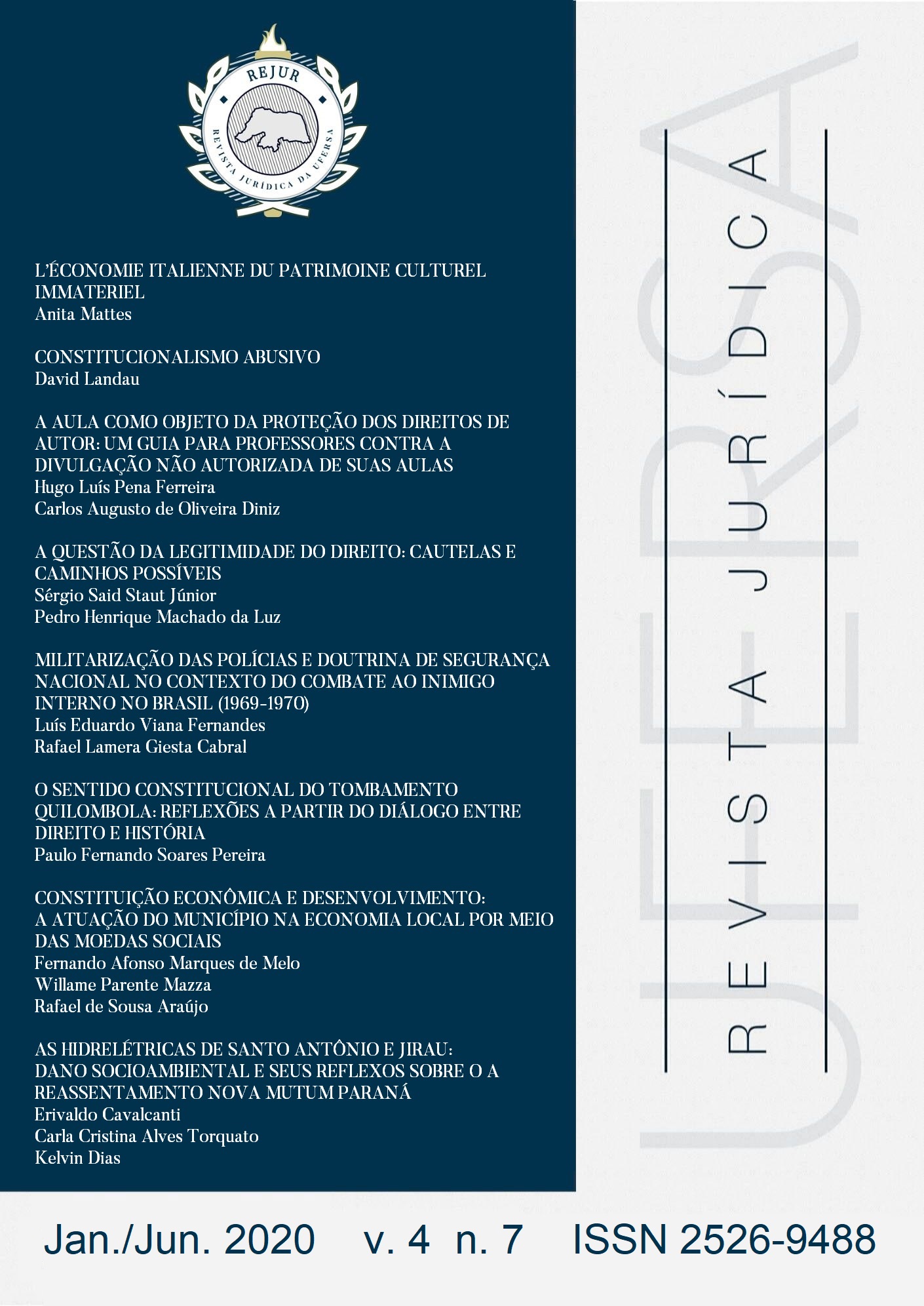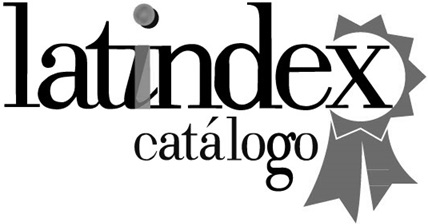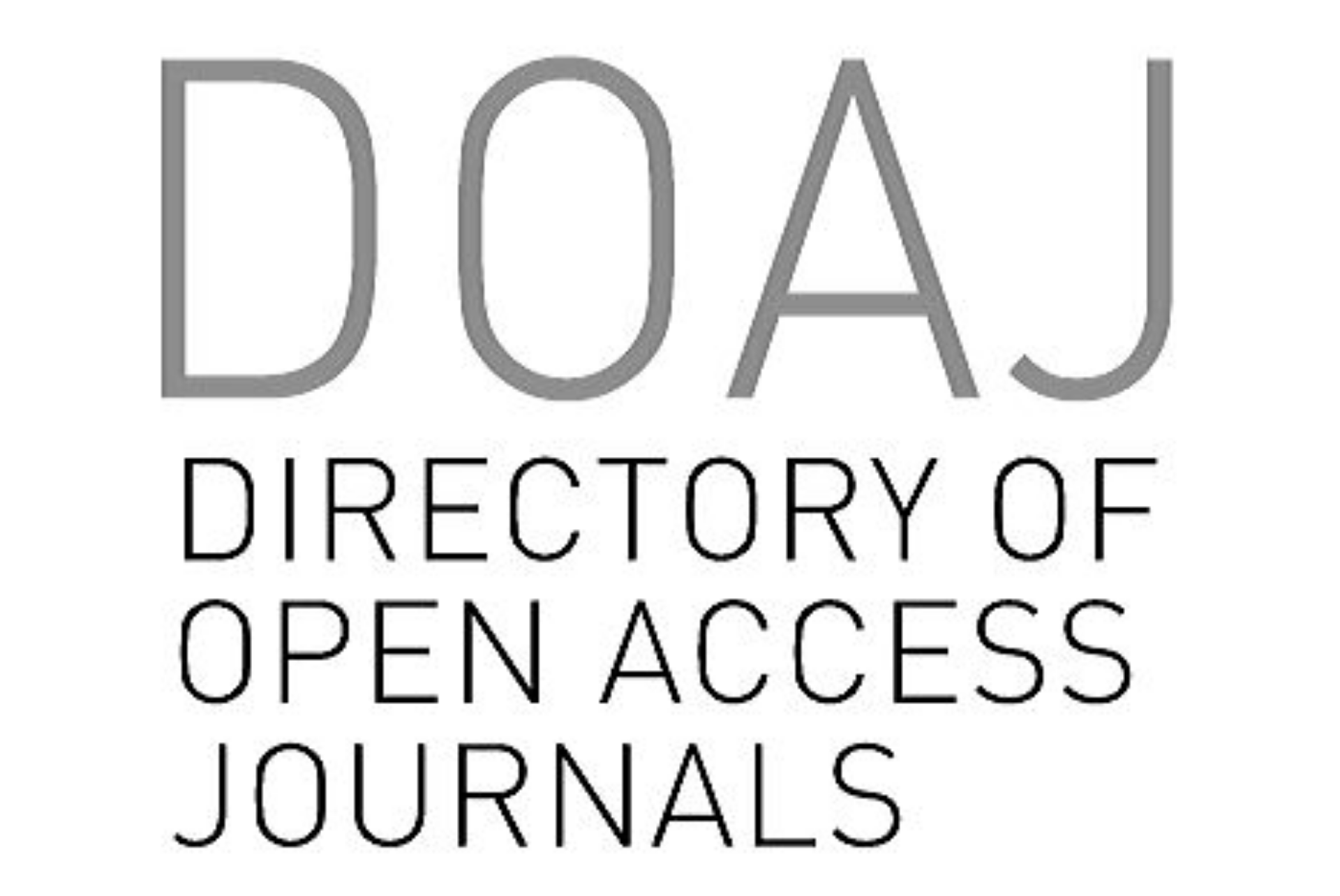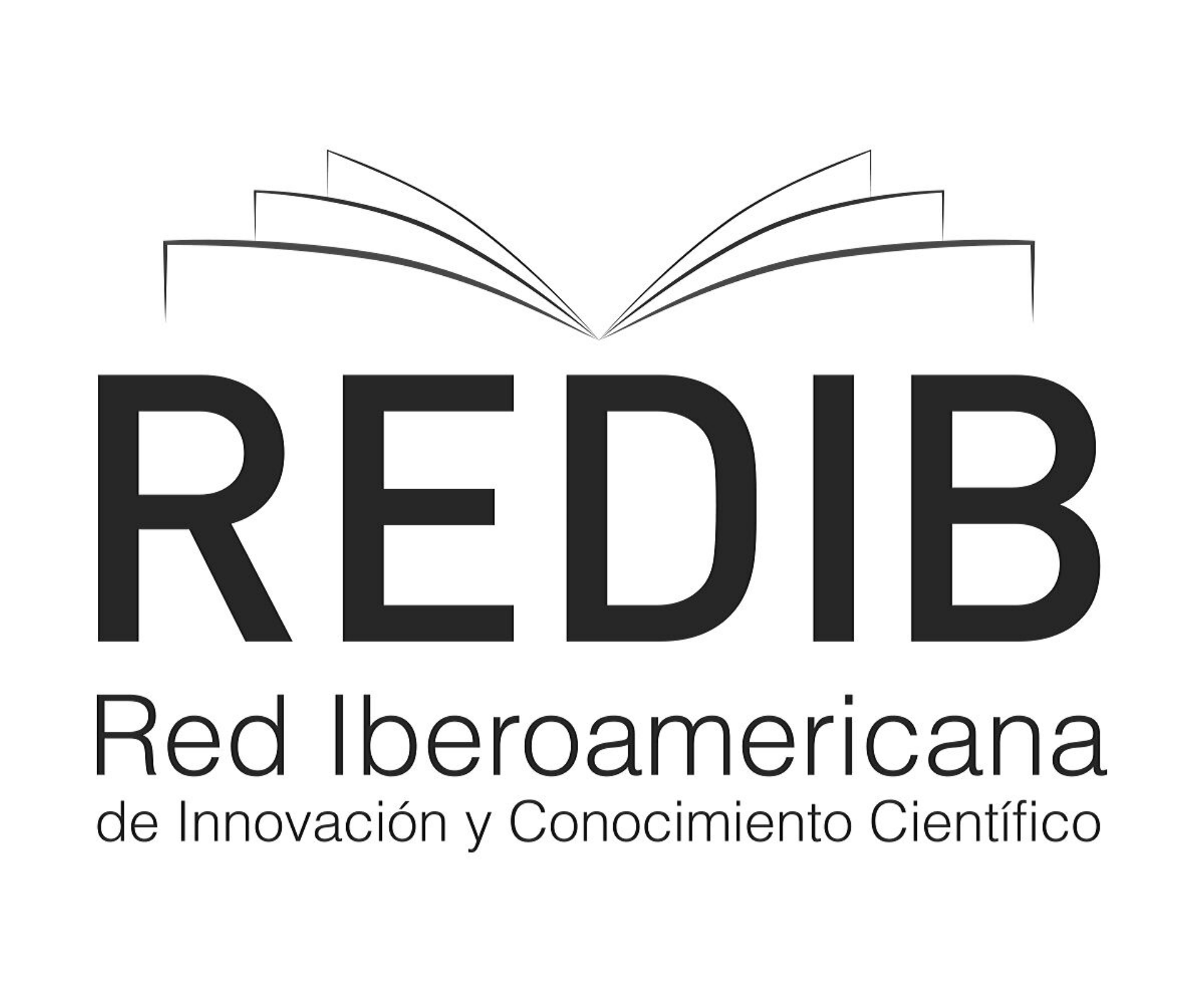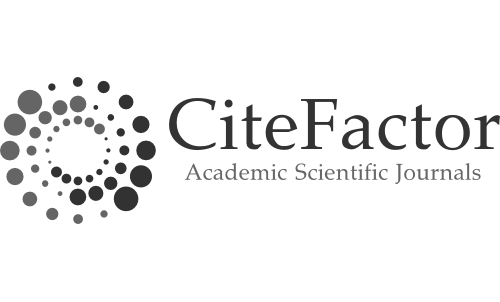The matter of legitimacy of Law: cautions and possible paths
DOI:
https://doi.org/10.21708/issn2526-9488.v4.n7.p94-110.2020Abstract
The objective of this article is to study different models of legitimacy of the law, especially those built during and after the Middle Ages, guided initially by the multiplicity of sources and characterized in the figure of the "keeper", or of the one who observes and respects a preestablished order; by the School of Exegesis, whose only possible source of law would be state-centered and law-centered, representative of the volonté générale, and, finally, by the German Historical School, in which law would be the result of historicity and would be embodied in the volksgeist. After these preliminary investigations regarding models of legitimacy, the general pillars of the so-called neoconstitutionalism movement, the fruit of the post-war period, are presented as an attempt to approximate constitutional norms, especially principles, with factual reality. characteristic of the rescue of the moral in the core of the juridical system. It is criticized that this model sometimes undermines in an exacerbated protagonism of the Judiciary, which should operate in a sense of self-restraint in some cases, leaving to the political powers some fundamental choices.
Downloads
Published
Issue
Section
License
Ao enviarem seus artigos, os autores concordam com os seguintes termos: 1. Cede-se à REJUR, gratuitamente e sem regime de exclusividade, seus direitos autorais; 2. Confere-se à REJUR os direitos de primeira publicação, permitindo-se o livre compartilhamento dos artigos veiculados em formato PDF; 3. Divulgações posteriores em periódicos, livros, obras coletivas ou eventos de qualquer natureza devem fazer referência à REJUR como meio de publicação original; 4. Os autores são responsáveis pelo conteúdo constante de seus textos; 5. o trabalho será licenciado também sob a Licença Creative Commons Atribuição-NãoComercial-SemDerivações 4.0 Internacional.

